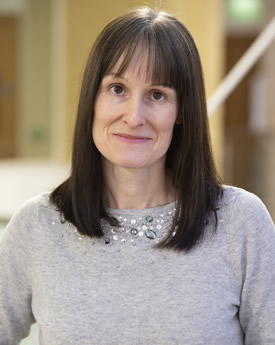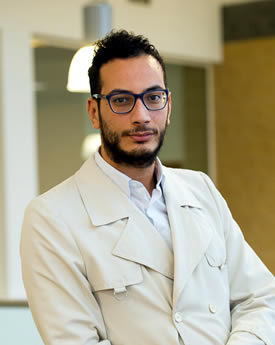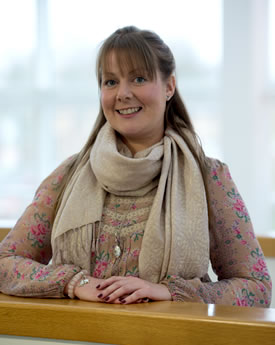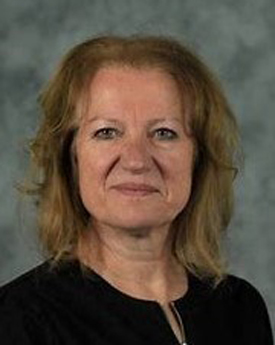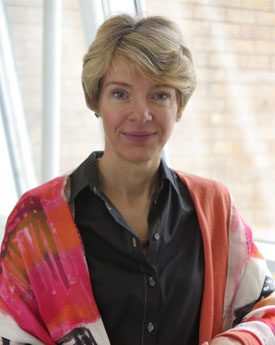Our research
Our research has a social justice agenda motivated by the persistent global challenge of gender inequality.
The Academy aims to connect scholars concerned with tackling gender inequalities in work-based contexts at Lancaster and beyond, develop networks at national and international levels, showcase and stimulate ground-breaking and impactful research, and promote knowledge-sharing among scholars and practitioners through events, seminars and workshops.
With a range of projects across multiple areas, exploring themes including gender dynamics in family business, and gender equality in business and management Schools, our academics are identifying solutions to key issues across the world.






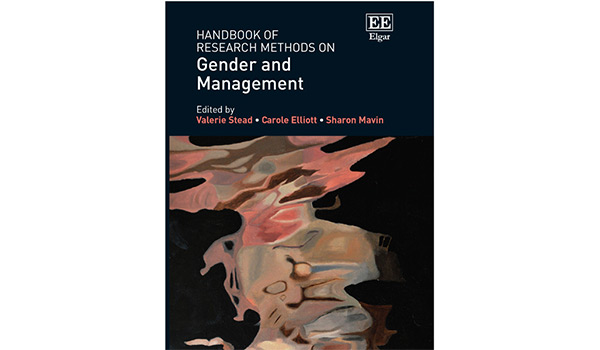
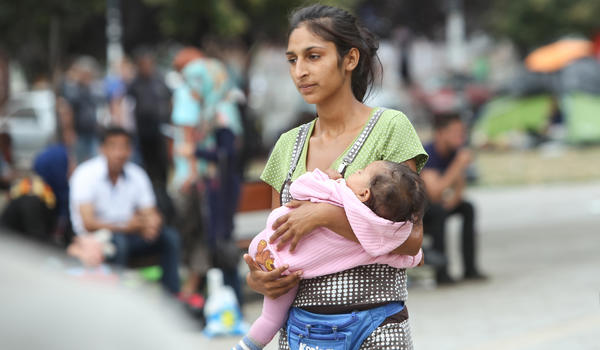


.jpg)













